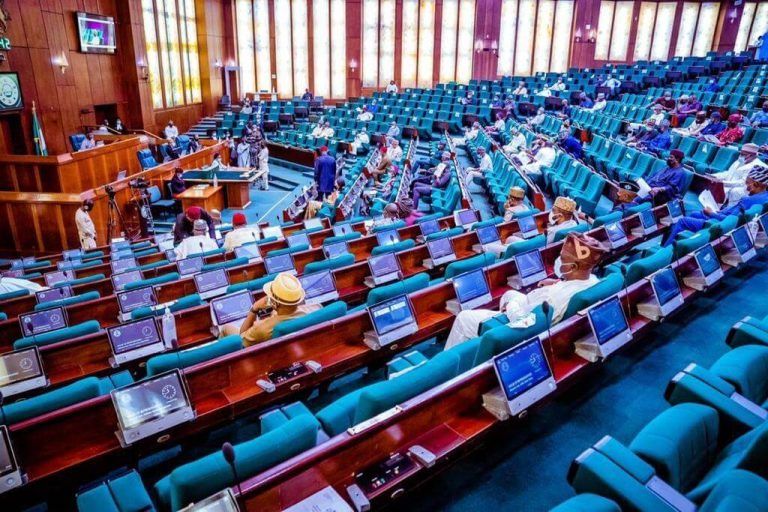The House of Representatives has passed a bill through second reading aimed at addressing critical issues related to climate change adaptation, flooding, coastal erosion, oil spills, drought, desertification, building collapses, road accidents, fire incidents, and air and boat mishaps, among others.
The proposed legislation, titled “Bill for an Act to Repeal the National Emergency Management Agency (NEMA) Act, Cap. N34, Laws of the Federation of Nigeria, 2004, and Enact the National Emergency Management Agency Bill and for Related Matters”, was sponsored by Deputy Speaker Benjamin Kalu, Babajimi Benson, and five other lawmakers.
During the debate on the bill’s general principles, one of the co-sponsors, Amobi Ogah, lamented that Nigeria is currently facing a complex landscape of emergency and disaster management issues, with millions of people displaced due to conflicts, flooding, environmental challenges, and infrastructure failures.
He highlighted the pressing need to develop sustainable solutions to address these challenges.
Ogah explained that Nigeria’s emergency response system continues to suffer from operational constraints such as bureaucratic delays, inadequate funding, a shortage of technical expertise, and poor policy implementation.
He noted that while the existing NEMA Act provides a foundation for disaster management, it does not address emerging critical issues like climate change adaptation.
The bill seeks to establish a comprehensive framework for disaster management that incorporates provisions for climate change resilience, environmental challenges, and other critical issues.
It also aims to create a self-sustaining funding mechanism beyond the current provisions of the existing Act.
Ogah further explained that when enacted, the bill will reposition NEMA to ensure effective climate adaptation and resilience in a modern and complex disaster management landscape.
The bill seeks to align Nigeria’s disaster risk reduction strategies with international best practices.
“The National Emergency Management Agency (Establishment) Act of 1999 provided for the creation of NEMA as the central body for disaster management in Nigeria,” Ogah stated.
“However, it lacks provisions for addressing key issues like climate change adaptation, digital transformation, and emerging environmental threats such as flooding, coastal erosion, and oil spills.”
He emphasized that this bill is a practical step toward transforming Nigeria’s emergency and disaster response framework.
The bill also proposes the creation of a disaster management institute to train NEMA staff and other stakeholders, and the registration and coordination of NGOs and INGOs involved in disaster management.
Ogah concluded by stressing that this bill is in line with Section 14(2)(b) of the Nigerian Constitution, which states that the primary purpose of government is the security and welfare of its citizens.
He affirmed that every Nigerian deserves protection and assistance during times of emergencies and disasters.















